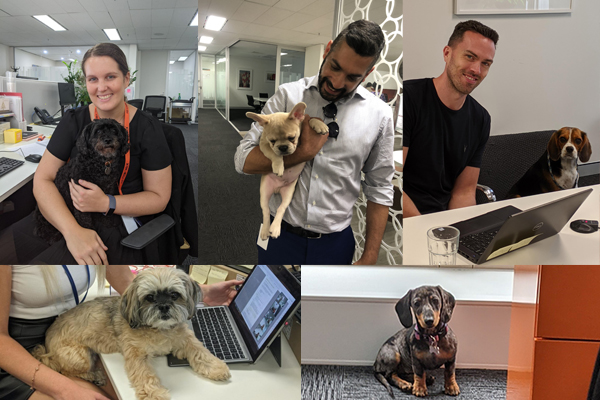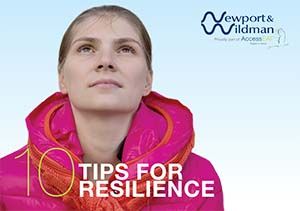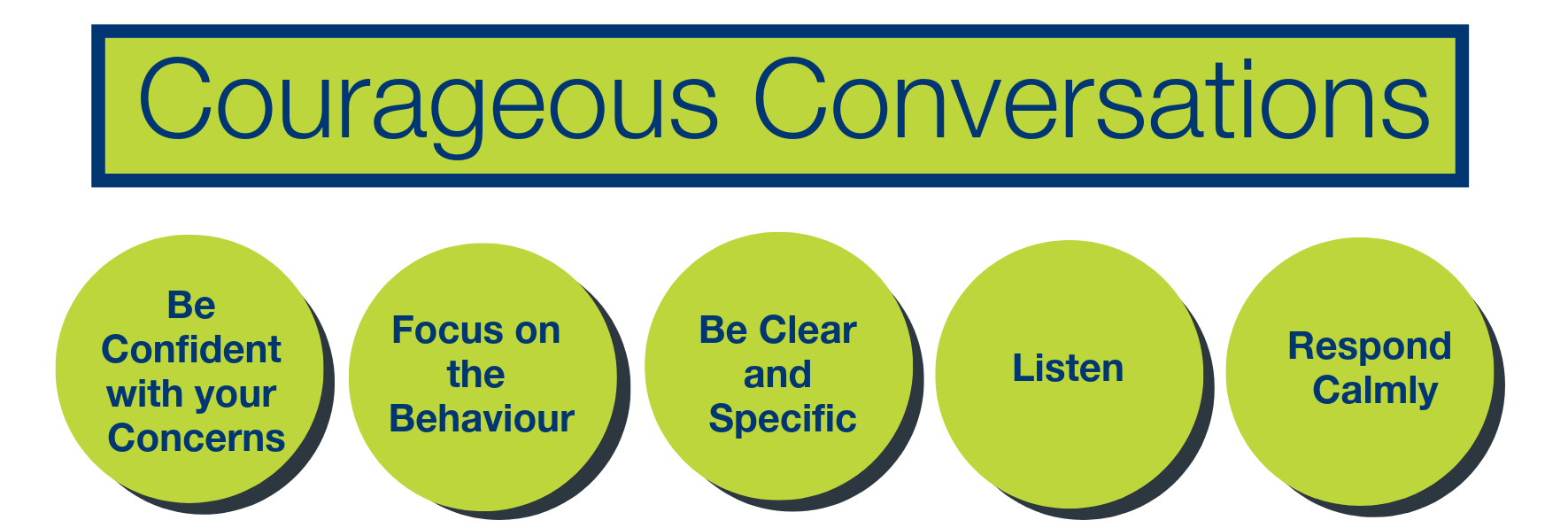Newport & Wildman is proudly part of AccessEAP. This month we have a message from Sally Kirkright, CEO, AccessEAP.
In the face of the changes we all went through last year, now is a good time to reflect on how our workplaces and activities will change. What will this mean to leaders of organisations as we optimise our work environments? This month I look at two related concepts: big-picture, structural changes to our workplaces; and how we respond quickly to ensure that our best assets – our teams – are supported.
Managers have always looked at how they can improve productivity, support customers and engage with employees to deliver on goals. Previously this might have looked at maximising resources like the real estate where offices are located. Hot desking was loved by management but not embraced by employees. Concepts of touch-free, physical distanced workspaces, rosters which stagger staffing levels and even downsizing office space are being discussed at companies and departments, and these changes will make their presence felt over coming months. For those who have remained at their workplaces, managers have had to adapt to ongoing changing/fluctuating restrictions and help their employees through these changes.
The concepts of physical and mental health overlap significantly. When employees feel that their physical environment is safe, their job is safe; then it is easier for them to feel emotionally safe and remain productive. While we can’t guarantee how safe anyone’s employment is, we can provide a calm, caring presence for our employees, and encourage them to take steps to look after themselves within the workplace and at home.
Encouraging (and role-modelling!) self-care is not only a kind and ethical approach to leading our people. It increases self-esteem and productivity by giving employees a sense of autonomy and control, and the effects carry across to home life.
Working hard is admirable – and setting a realistic boundary is as well. As the economy and the collective soul of the country recovers, I’m aiming for balancing constructive work with exercise, closing the laptop at a decent hour, and connecting with family and friends. At Newport & Wildman, these are discussions that leaders frequently have with their teams: our KPI discussions now include talking about mental health and wellbeing as well as outcomes and results.
On my work from home day, I make sure I exercise, and if there is an opportunity when I've finished work, I try to incorporate my passion for golf, which allows me to be clear-headed, focused and gives me the headspace for thinking. My other essential is going for a walk; early morning exercise puts me in the right headspace emotionally and physically to tackle the day. A walk is so easy – low impact, all I need is a pair of comfortable shoes, and I ease into the day. While my phone is available for emergencies, I leave email till I finish my walk. With flexible work, employees find their own work-life balance. For many responding to emails or thinking time, can be early in the morning or after bedtime for the kids, it is important to have discussions with employees to ensure they are looking after themselves and managing to fit in self-care routines. Despite the restrictions that 2020 placed on business – and the fears many managers had about productivity as work from home became the necessary work model for so many – what became apparent was that our employees were on the journey with us. Productivity was solid as workers largely felt trusted and empowered to manage their outputs.
While physical alterations to the new workspace will evolve gradually, the social changes start with us – with sensible, well-considered policies, and trusting our employees to be empowered and make decisions. Our new challenges are isolation, disengagement and lack of collaboration as workspaces change and remote working is the new norm. If we encourage our employees to do their best and also be kind to themselves, we get the balance right. If we continue to communicate, to listen and adapt to the changing circumstances. To listen to the needs and challenges of our employees, business environments and society, we will continue to build sustainable businesses where people want to work. Encouraging and leading our people to show that we can work with focus but also value the time decompressing and enjoying our lives is the biggest gift we can give them this year.
Sally Kirkright, CEO AccessEAP
Newsletter Coverage Image- Photo by Karolina Grabowska from Pexels





